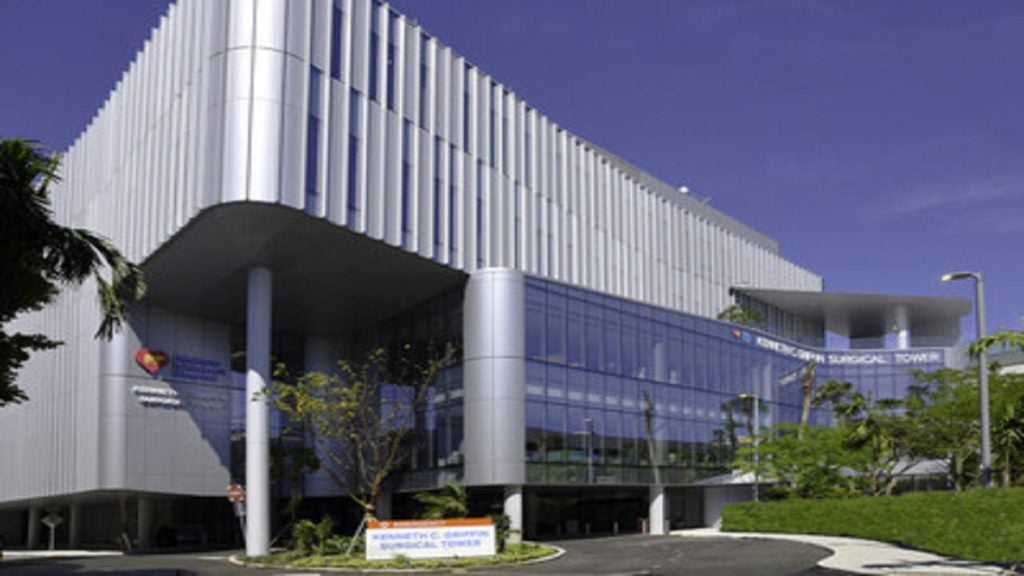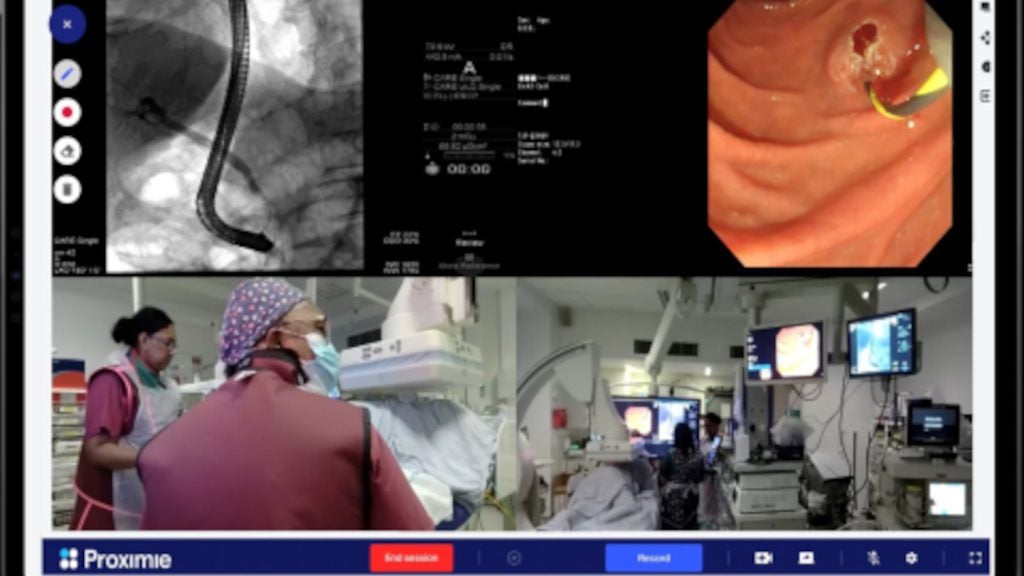
The Australian Institute for Infectious Disease (AIID) has selected Kane Constructions as the enabling and early works contractor for the development of its new research facility.
Backed by the Victorian state government, AIID is a joint initiative of the University of Melbourne, the Doherty Institute, and the Burnet Institute, collectively referred to as ‘Foundation Partners’.
The institute, which aims to enhance global infectious disease and pandemic response capabilities, is an A$650m ($430m) project. This includes an A$400m contribution from the Victorian government and A$250m from the Foundation Partners.
AIID has appointed Kane Constructions for the project’s early development works, including the demolition of four existing buildings and preparing a greenfield site for the construction activities.
The new facility will be located at 766–780 Elizabeth Street and 213–223 Berkely Street on the Haymarket intersection in Melbourne’s Biomedical Precinct.
It will be surrounded by various biomedical research institutions and hospitals, including the Royal Melbourne Hospital, Victorian Comprehensive Cancer Centre, CSL, WEHI, and Illumina.
How well do you really know your competitors?
Access the most comprehensive Company Profiles on the market, powered by GlobalData. Save hours of research. Gain competitive edge.

Thank you!
Your download email will arrive shortly
Not ready to buy yet? Download a free sample
We are confident about the unique quality of our Company Profiles. However, we want you to make the most beneficial decision for your business, so we offer a free sample that you can download by submitting the below form
By GlobalDataThe new facility is expected to improve Australia’s capacity to tackle infectious diseases and pandemics while focusing on genomics, diagnostics, therapeutics, clinical trials, vaccine research, and public health research.
In addition, the site will feature high-tech facilities such as a human infection challenge unit and robotic biobanking to facilitate remote treatment and biomedical sample storage.
It will also have one of the largest high-containment laboratories in the Southern Hemisphere, along with dedicated spaces for industry engagement and collaboration.
The early and enabling works of the facility are expected to conclude by late 2024, with the overall construction anticipated to finish by 2027.
University of Melbourne assistant vice-chancellor and AIID co-chair James McCluskey said: “The AIID will equip the brightest minds with best technology and resources available to deliver a unique, sovereign infectious disease capability for Australia. This critical mass of expertise will vastly improve speed, equity and innovation with which we prevent, prepare, and respond to future pandemics.”







